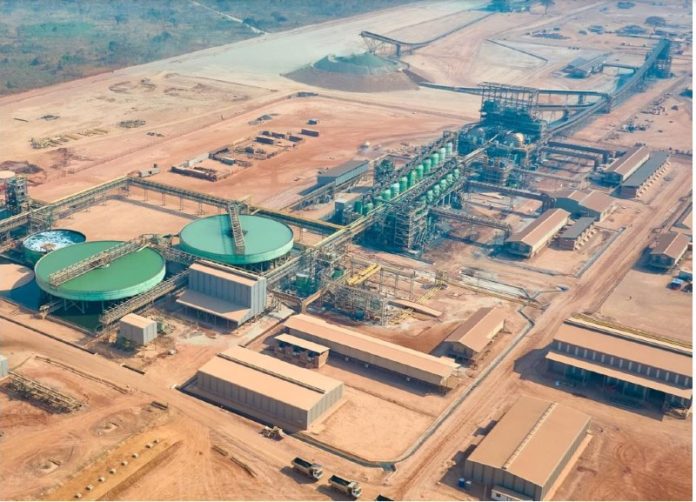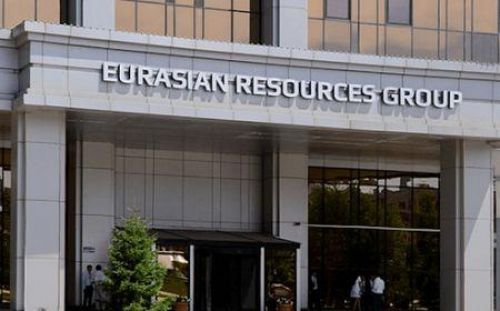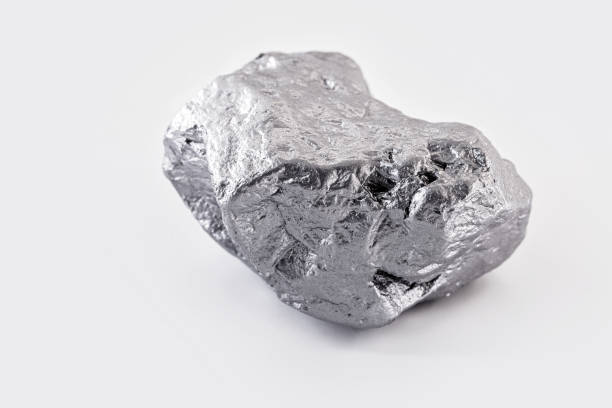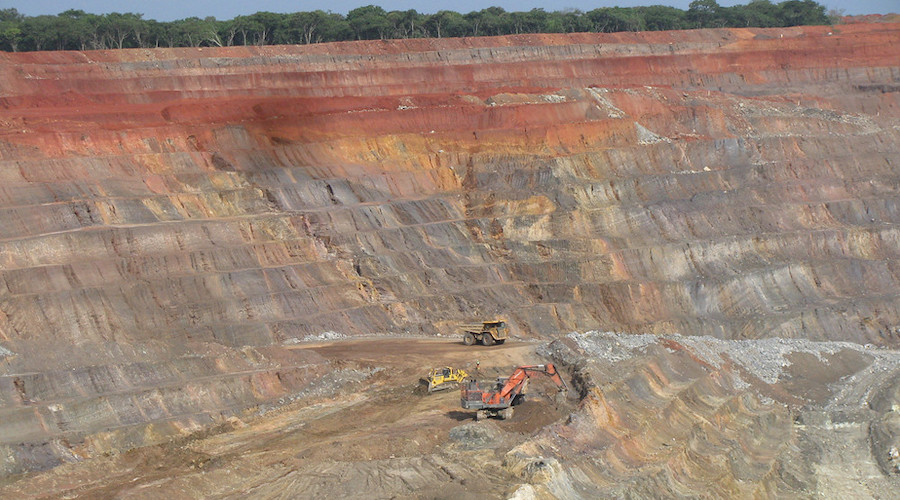Base Metals

Harmony approves high-margin, long-life Eva Copper Project for development

Nigeria stands to save trillions of naira in logistics cost and enhance port competitiveness if the country’s maritime policing becomes more efficient and collaborative.
This was the submission of stakeholders in the maritime sector at the weekend during a one day specialised lecture on maritime policing. It had as its theme: “Facilitating Port Efficiency: The Strategic Role of Maritime Police”.
Delivering his paper, titled “Police as agent of Economic Change Matrix, Port Efficiency and Global Competitiveness”, the Registrar, National Association of Government Approved Freight Forwarders (NAGAFF) Academy, the training arm of the association, Francis Omotosho, said Nigeria cannot achieve the desired efficiency in port operations unless policing is modernised to support automation, multimodal transport systems and faster cargo handling.
“If regulators and law enforcement continue working in silos, Nigeria will keep losing revenue. But if we coordinate our roles, this economy can save trillions,” he said.
According to him, maritime police officers must understand the strategic role they play in supply-chain governance and economic regulation, adding that their actions directly influence inflation, turnaround time, cargo dwell time and overall ease of doing business.
“Every delay you cause becomes a cost on the cargo owner. That cost feeds directly into national inflation,” he said.
Omotosho explained that Nigeria’s logistics cost remains one of the highest in the region because of weak coordination among security units, multiple roadblock syndicates and prolonged detention of cargoes.
He insisted that the maritime police must lead the shift toward intelligence-driven, technology-backed policing.
Before outlining reforms, he emphasised the need to understand what a port represents—a structured environment built for cargo evacuation, vessel operations, and economic facilitation. “A port is not just a checkpoint. It is a natural or artificial harbour where infrastructure must support seamless movement of goods,” he said.
He stated that indiscriminate stoppages, extortion, delays and poor collaboration among agencies fundamentally undermine trade facilitation. “Your job is to secure the supply chain, not to constitute barriers,” he reminded the officers.
Omotosho warned that Nigeria has effectively opened a massive economic coastline from the port gate to more than 400 nautical miles offshore, yet the policing architecture has not expanded to cover the growing scale of activity. “More activities will take place there—legal, illegal and everything in between. The maritime police must already be thinking about how to cover this expanded zone,” he said.
He added that new coastal settlements emerging from Lekki to Calabar, supported by fresh road access, will attract traders, logistics operators and smuggling networks. “More crime and more trade are coming. We must modernise our policing tools to match this reality,” Omotosho said.
He further stressed that the police must understand the full structure of Nigeria’s maritime boundaries, including the territorial sea, contiguous zone, continental shelf and Exclusive Economic Zone (EEZ), all of which fall within their enforcement responsibility.
On port charges, Omotosho cautioned against turning port dues into informal taxes, warning that doing so distorts market operations and threatens investor confidence. “Port dues must never acquire the character of taxes. They represent payment for facilities and must reflect service rendered,” he said.
He criticised prolonged detention of cargoes beyond the allowed timeframe and urged the police to adopt global best practices where admiralty courts resolve matters swiftly within port precincts. “If you detain cargo beyond 24 hours without proper procedure, you have already disrupted trade,” he said.
Calling for inter-agency harmony, he reminded officers that NPA handles technical regulation, Customs protects government revenue, NIMASA manages maritime safety and environmental compliance, while the Shippers’ Council regulates service quality. “The police must stay within their lane and avoid overlapping mandates,” he said.
He urged the police to embrace digitised surveillance, intelligence-sharing mechanisms and technology-enabled enforcement, especially under the Deep Blue Project and other innovations that support maritime domain awareness. “You cannot police a 21st-century maritime economy with outdated tools,” he said.












